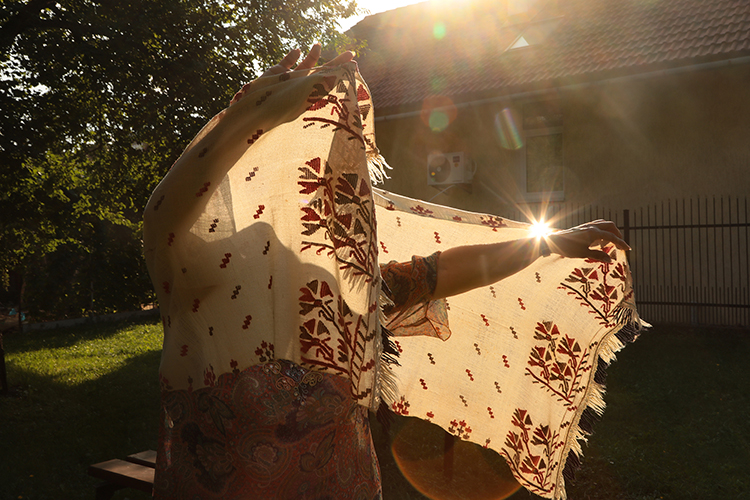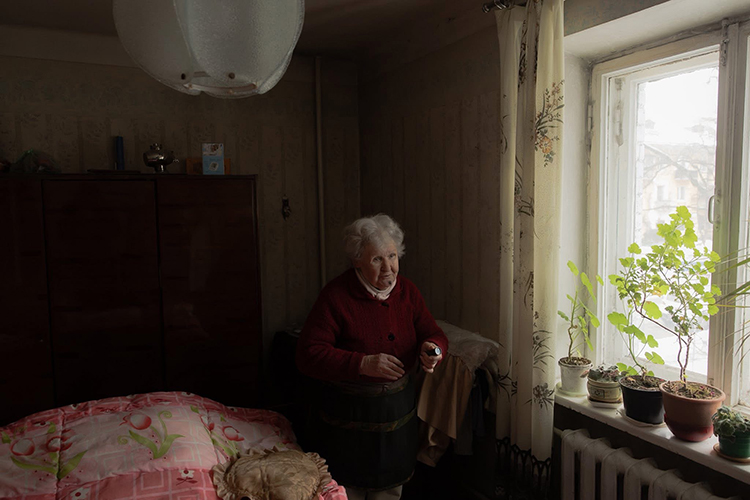We continue to share the documentary projects of the finalists as part of the grant support for documentary photographers, implemented with the support of the International Press Institute. Konstantin Guzenko spent a month with volunteer organizations that took responsibility to support the development of those children who remained in some settlements of Kupyansk district and Donetsk region, which are closest to the contact line.
Russian aggression brings grief not only in the territory of active hostilities or occupation, but also far beyond the demarcation line. Children, being dependent on their parents, and needing safe conditions for learning and socialization, often experience these problems more acutely than others.
I spent November 2023 with volunteer organizations that have taken the responsibility of not leaving these children without opportunities in the future. And tried to better understand those who very soon will create our common context.
In early November 2023, a forced evacuation of more than 90 children was announced in some settlements of the Kupyansk region closest to the contact line. Due to the difficulty of reaching the left bank of the Oskol and the obvious danger of regular shelling by Russian artillery, the last signs of life there are reduced to a banal survival. Unfortunately, even a “mandatory” evacuation means only the personal beliefs of the parents by volunteers accompanied by the police. The fear of leaving their usual environment makes some of them risk the lives and lives of children.

“Why do I need Kharkiv, I know every trope here. Do you want me to show you?”


In the once active Kramatorsk, where civilian life seems frozen from a full-scale invasion, children experience the same limitations day after day in choosing activities and surroundings. Online learning, parents' fear of letting children go far and often losing friends who have left the city only perpetuate the experience and lack of a lively interest in development.



Having become acquainted with the context of dependence on parents during regular evacuations, the volunteers decided to support the development of those children who have no other opportunity to escape from the difficult conditions of isolation at home. Such a space for experiments helps to return children's natural curiosity.

In remote settlements, where personal connections and the usual course of things are critical, any lack of outside help is felt even more acutely. Without personal transport and free time and money to use it, it becomes impossible to go outside the depopulated villages.

One of the most striking encounters this month was Sofia, who continues to shine even in her small world of family and pets on the outskirts of Konstantinovka. She meets military drawings, gives her crafts from plasticine donated by someone and shares every little thing. Her family became attached to such conditions in part because of an older child with special needs. Moving or making serious changes in life is too difficult a task for their mother.




As long as the Russian invasion continues, life in these regions will continue to look like this. Each individual story of a difficult but saved childhood is worthy of empathy and understanding of context for a shared future.
Kostiantyn Guzenko— documentary and art photographer from Kyiv.
He worked as an engineer and operator on television and online media projects.
Since the full-scale Russian invasion of Ukraine, he has been working as a freelance photographer, documenting the aftermath of the war and the struggle against the occupation.
Read also:Documentary projects of 10 microgrant finalists from UAPF






















